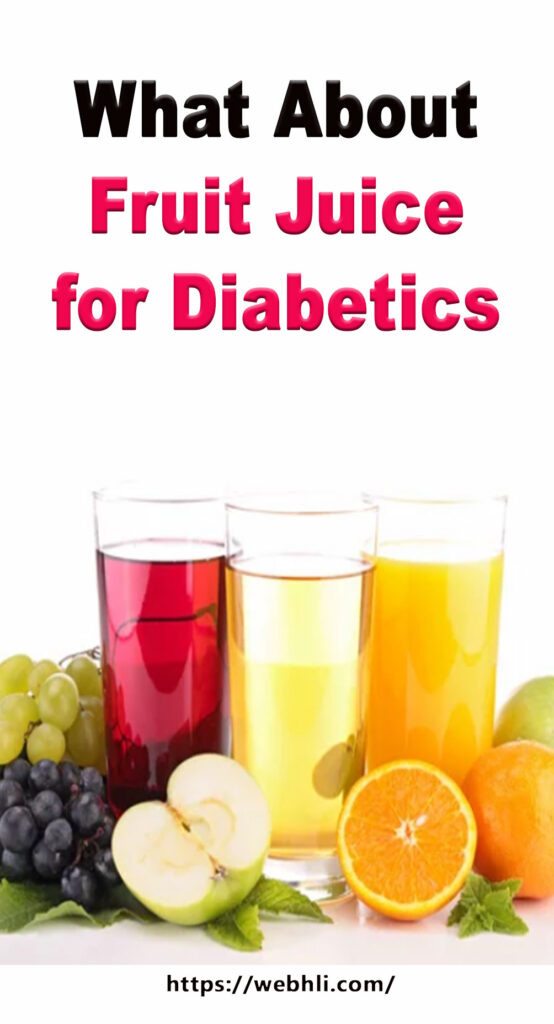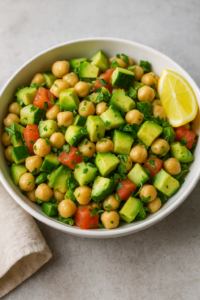
Most people know about the benefits juicing can have for just about anyone. Juicing allows you to drink the foods you usually eat and, at the same time, receive massive amounts of nutrients from the fruits and vegetables in really short order.
However, people with Type 1 or Type 2 diabetes, do have to be careful with juicing since putting too much sugar into their body at once can wreak havoc on their blood sugar and insulin levels.
Commercial juices contain high fructose corn sugar or HFCS, some don't. HFCS is a highly refined sweetener everyone needs to stay away from.
Here are some facts about juicing and some changes a person with diabetes may have to make in order to incorporate it into their dietary plan.
Check out these related articles, too:
Control Your Diabetes Better With These Helpful Tips
Gastroparesis - A Challenge to Control
Blood Sugar Control and Diet - A Plan to Reverse Diabetes
Diabetes Natural Home Remedies – Worth a Try?
Can Magnesium Prevent Diabetes?
Zinc Shown to Promote Insulin Production In Diabetics
Prevent Side Effects From Diabetes Drugs
Why You Should Stop Taking Drugs for Your Diabetes
Juicing increases the absorption rate of nutrients. When you take a supplement in pill form, it has to go through your entire digestive system in order to be absorbed. If you have any digestive problems, this can be an issue. Most experts agree a very small percentage of nutrients are actually absorbed into your system when taken in pill form. However, when you take in a substance in liquid form, it is almost immediately processed and absorbed by your body. Because of this, diabetics have to be very careful about the sugar content in any juices they create and drink.
Make sure to include a wide array of fruit and vegetables. Try to choose fruit low in sugar (low-GI) so you don't raise your blood sugar level. You can also try adding in a protein to slow down the absorption of sugar. Protein... in the form of protein powder, or even walnuts. This helps slow down the absorption of the sugar into your bloodstream. It's best to use fruits classed as low-GI when juicing.
Low-GI fruits include:
- the berries... blueberries, strawberries, raspberries, blackberries, huckleberries, salmon berries and gooseberries. The glycemic index or GI is low... between 20 and 25.
- apples and pears... as well as having a low-GI of 38 they contain reasonable amounts of fiber
- cherries have a GI of 22
- peaches and apricots contain vitamin C as well as having a GI of 30
- figs are also full of fiber and have a GI of around 23.
Fruits to avoid include, water melon, pineapple, mangoes and cantaloupe. They are in the high-GI group.
But here is something to think about... would you sit down and eat 8 apples or a bunch of bananas at one sitting? Even when drinking low-GI fruit, you still need to think about the total sugar content. According to a study published in the journal Diabetes Care in 2008, just one serving of fruit juice per day increased the risk for developing Type 2 diabetes in women
Many people believe juice fasts can detoxify your system. However, this can be extremely dangerous for a diabetic to carry out without medical supervision. People with diabetes need to eat every couple of hours in order to keep their blood sugar levels stable. Going without food can present a dangerous opportunity for insulin and blood sugar levels to go too low or too high. Before attempting any type of a juice fast, consult with your doctor.
Finally, an important part of the juicing process is to use a variety of fruit and vegetables. It's best to make different juices each day. Your body needs various nutrients and minerals, so it makes sense to change the kind of fruit and vegetables you use.
How do you start to create a healthy lifestyle today so you can lower and stabilize your blood sugar and lose weight?
For nearly 25 years Beverleigh Piepers has searched for and found a number of secrets to help you build a healthy body.
Good Energy Food for Diabetics
10 Simple Food Concepts Every Person Living With Diabetes Should Know
Making Cheesecake For Diabetics
Enjoy the Taste and Benefits of Diabetic Foods
Will The Mulberry Leaf Help Your Diabetes?
5 DIABETIC FRIENDLY SALADS Some Tasty
DIABETIC LEMON COCONUT COOKIES Some Tasty
The answer isn't in the endless volumes of available information but in yourself.
Article Source: http://EzineArticles.com/7064759



 Protected by Patchstack
Protected by Patchstack